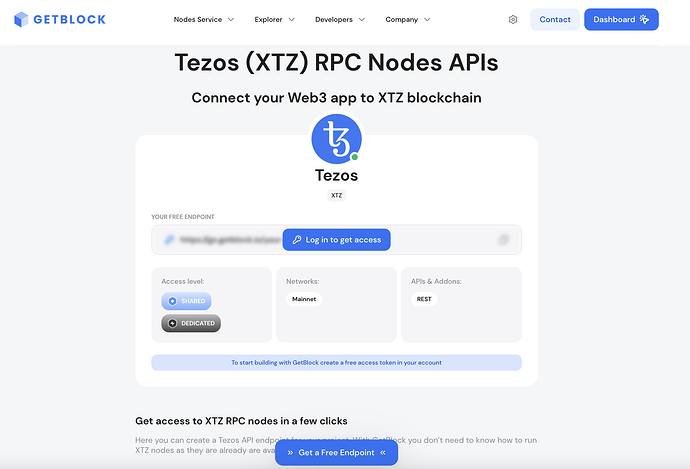Deploying a full node in the Tezos blockchain network has become a more complex and nuanced task due to the continuous evolution of blockchain technology. While earlier, basic hardware might have been adequate for running a node, the growing sophistication and popularity of networks like Tezos have led to increased demands for more advanced memory and processing capabilities.
For members of the Tezos community who are considering deploying a node, it’s crucial to be informed about the specific hardware requirements, which can vary compared to other blockchain networks. While the hardware needs for a Bitcoin node are commonly understood, the requirements for a Tezos node might be different, particularly in terms of storage capacity and processing speed.
The typical hardware specifications for setting up a Tezos node generally include:
- An updated version of Windows, Mac OS X, or Linux operating system.
- At least 500 GB of disk space, with a preference for SSDs, to ensure efficient processing of blockchain data.
- A minimum of 8 GB of RAM for effective operation of the node.
- A stable and fast broadband internet connection with ample download and upload speeds, plus a sufficient data allowance.
Operating nodes on blockchain platforms such as Ethereum requires specific technical expertise, and this is also applicable to Tezos nodes. Tezos may offer different synchronization modes, each with distinct benefits in terms of data processing speed and the amount of data handled.
Node service providers play a significant role in facilitating the management and operation of Tezos nodes. These providers offer easy access to the blockchain, along with ready-to-use RPC endpoints, which streamline the development process and add a level of flexibility for developers. This is especially advantageous for businesses that wish to integrate Tezos blockchain technology without the overhead of managing the underlying infrastructure.
Key benefits of using a node service provider for Tezos include:
- The capacity to deploy, manage, and update nodes as required, coupled with performance monitoring.
- Enterprise-level connectivity for the development and management of smart contracts, transaction processing, and accessing blockchain data through protocols like JSON-RPC, REST, and WebSockets.
- Access to real-time blockchain data and analytics.
- Simplified integration of blockchain technology into applications, avoiding complex configuration processes.
- Reliable and consistent connectivity, backed by professional support.
- The option to customize Service Level Agreements (SLAs) to suit specific business requirements, ensuring a high standard of service.
For the Tezos community, engaging in active discussions, sharing insights about development tools, and exchanging best practices for node deployment, as well as sharing experiences with various service providers, is highly encouraged.
